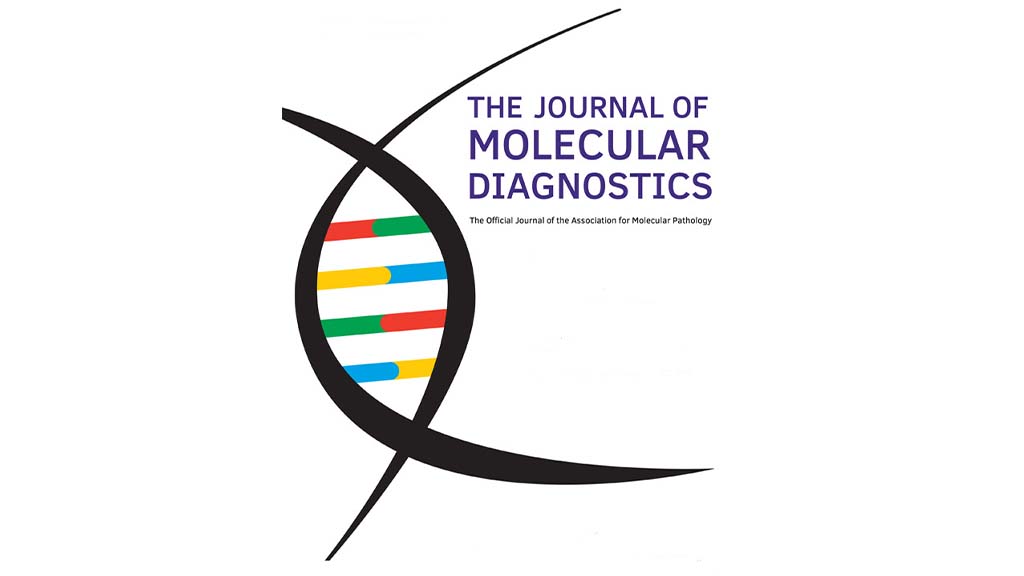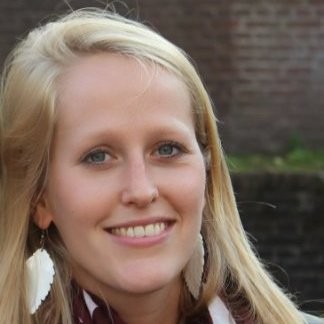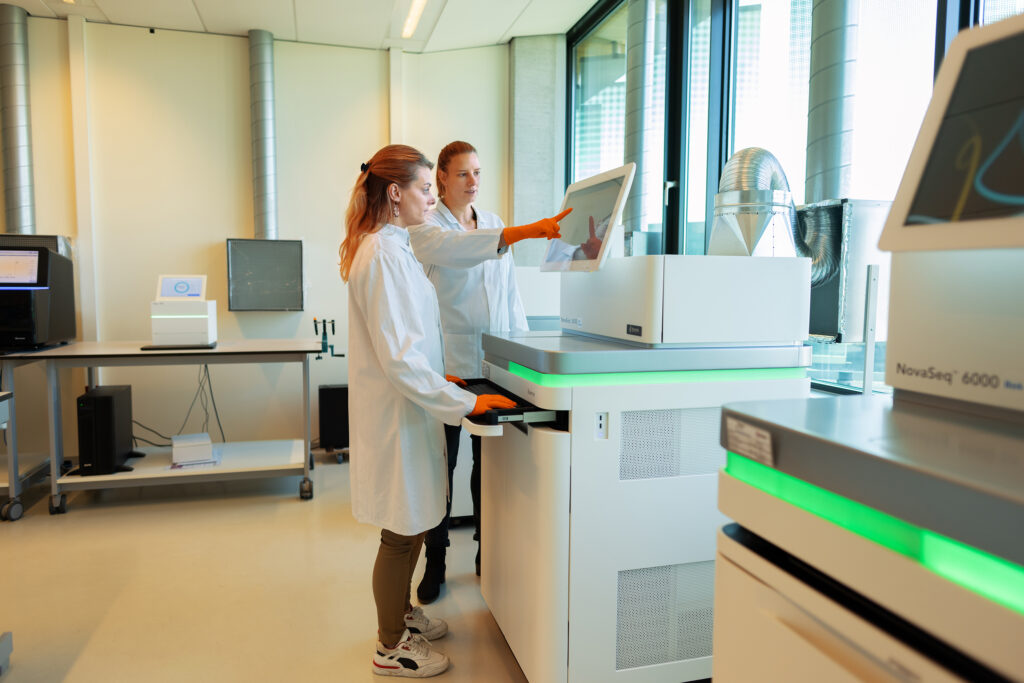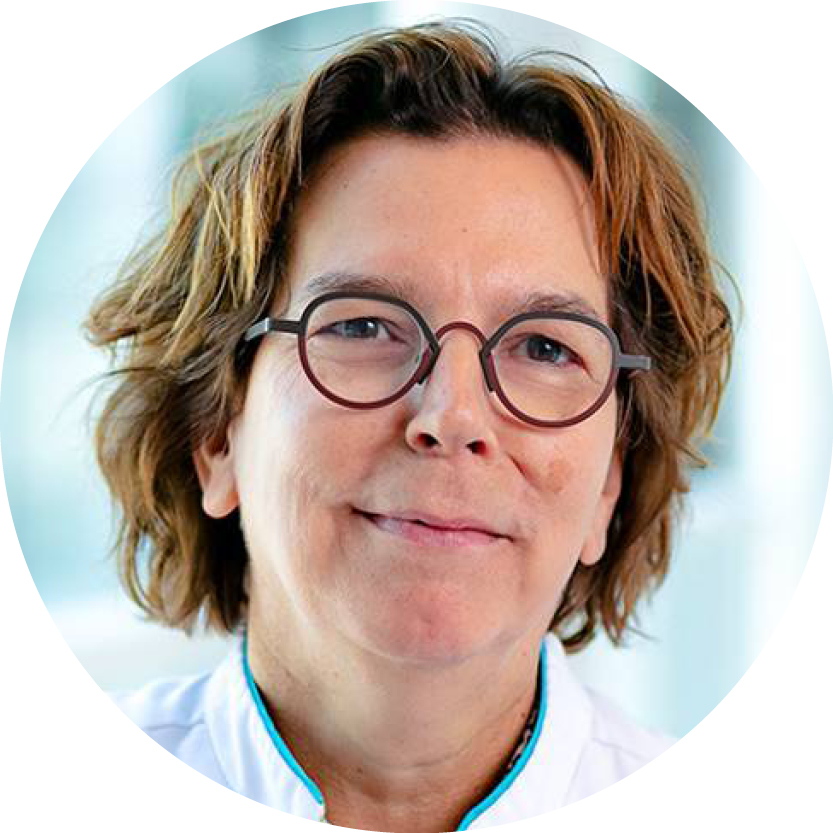Whole Genome Sequencing for cancer diagnostics clinically validated

Scientific research has demonstrated that Whole Genome Sequencing (WGS) is at least as reliable as routine diagnostic procedures. Clinical Molecular Biologist in Pathology Paul Roepman of Hartwig Medical Foundation in collaboration with national experts in the field recently published this research in The Journal of Molecular Diagnostics.
Measured reliably with a single WGS test
Together with academic partners Antoni van Leeuwenhoek – Netherlands Cancer Institute, Erasmus MC, Radboudumc, UMC Utrecht and Amsterdam UMC, they have shown that the results of WGS for detection of simple mutations, gene amplifications and deletions, and gene fusions are very similar to those of routine diagnostic procedures, with similarly high sensitivity. More complex tumor characteristics such as microsatellite instability (MSI), tumor mutational load and the presence of HPV can also be measured very reliably with a single WGS test.
Independence of the research
As part of the validation of WGS for routine clinical use, results and outcomes were compared one-to-one with the findings of routine diagnostic tests. The academic partners helped to conduct the routine tests for this comparison to ensure the independence of the research. The researchers demonstrated the validity of the various results. For all types of abnormalities, the results of WGS when using frozen samples with sufficient tumor cells (20%) were at least equal to the results obtained with regular diagnostic tests.
WIDE: prospective study to examine the utility of WGS in routine healthcare practice
This clinical validation is an important requirement for adopting new technology in routine healthcare. Meanwhile, researchers are also conducting a prospective study called WIDE to examine the utility of WGS in routine healthcare practice. WIDE stands for WGS Implementation in standard Diagnostic tests for Every cancer patient. The interim analysis of this study has been completed and confirms the clinical validity of WGS, but also revealed that WGS identifies more actionable biomarkers and thus provides additional treatment options for the patient.
Further information
- Paper in The Journal of Molecular Diagnostics: Clinical validation of Whole Genome Sequencing for cancer diagnostics
- Interview with Kim Monkhorst, pathologist at the Netherlands Cancer Institute, on the interim results of WIDE: Whole Genome Sequencing feasible in clinical practice
- Video for physicians and pathologists: OncoAct (in Dutch)
- More information about the comprehensive DNA test: OncoAct.nl
All news
Also read

Nature publication: High resolution DNA-image of metastatic tumor provides new treatment insights
For the first time, Dutch researchers have created a detailed overview of the landscape of DNA-deviations in thousands of metastatic …

Patients can benefit from whole genome sequencing for immunotherapy
Immunotherapy is an effective treatment for many people with cancer. The number of abnormalities in the DNA of the tumor in …

Whole genome sequencing is reliable, has added value, and can be embedded perfectly into everyday pathology diagnostics
Source: website Netherlands Cancer Institute With the rapidly expanding tableau of (increasingly tumor-agnostic) targeted therapies, genome-driven cancer care has become …

It is important to unravel the DNA in rare types of cancer; 21% of patients with cancer have a rare form.